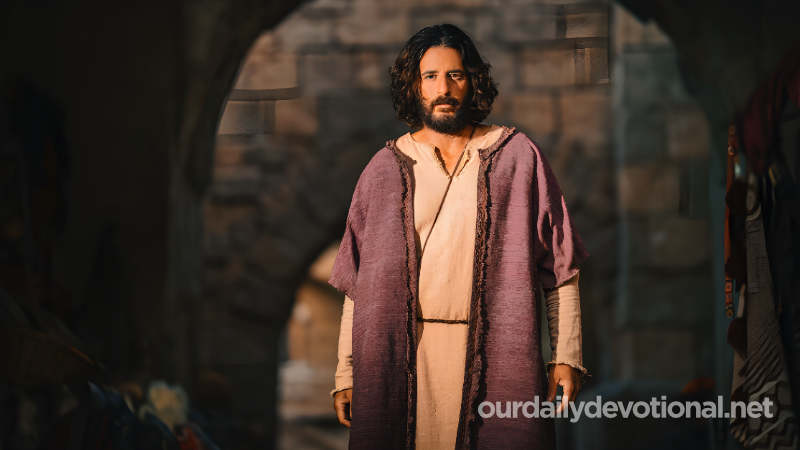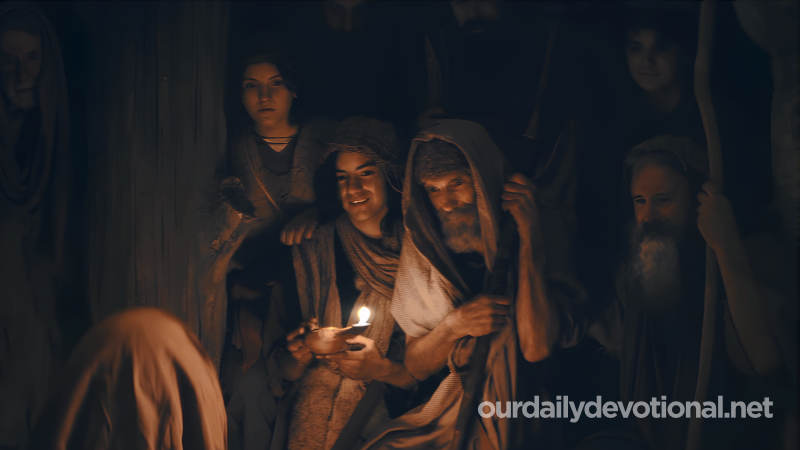"Jehovah has remembered." (1) Benjamite of the family of Jehiel, of Gibeon (1 Chron. 9:35, 37); called Zecher in 1 Chr. 8:31.
If the traditional vocalization is correct, Zequer is a synonym meaning "memory." However, it is likely that it was an abbreviation, Zacar, which means "he has remembered."
(2) A Levite of the family of Kohath, descended from Ebiasaph (Asaf). He was the son of Meshelemiah, and keeper of the tabernacle in the reign of David (1 Chron. 9:19, 21, 22; 6:2) and wise counselor (1 Chron. 26:14).
(3) Levite of the second order; He played the psaltery in the procession that accompanied the ark to Jerusalem. David assigned him permanent service in the tabernacle erected for the ark (1 Chron. 15:18, 20; 16:5).
(4) A Levite of the family of Kohath, of the house of Uzziel, lived during the reign of David (1 Chron. 24:25).
(5) A Levite of the family of Merari, fourth son of Hosa. He was one of the doorkeepers of the tabernacle during David's reign (1 Chron. 26:10, 11).
(6) Priest and musician from the time of King David (1 Chr. 15:24).
(7) A man of the half tribe of Manasseh in Gilead, father of Iddo; he lived during David's reign (1 Chron. 27:21).
(8) Levite, son of Asaph and descendant of Gershom (2 Chron. 20:14).
(9) One of the princes commissioned by Jehoshaphat to teach the Law to the people of Judah (2 Chron. 17:7).
(10) Fourth son of Jehoshaphat (2 Chron. 21:2).
(11) Son of the high priest Jehoiada and upright like his father. Zechariah lived during the reign of Joash, king of Judah; endowed with the Spirit, he reproached the people for abandoning Jehovah after the death of Jehoiada. Zechariah was then stoned to death in the temple courtyard by order of the king (2 Chron. 24:20-22).
It is to this Zechariah that Christ seems to be referring when speaking of the blood of the prophets shed on the earth (Lk. 11:51).
In fact, Zechariah son of Jehoiada is the only character mentioned in the Scriptures who was murdered between the temple and the altar.
The memory of this tragic death was passed down from generation to generation. Since the book of Chronicles is last in the Jewish canon, Zechariah appears as the last martyr, Abel being the first. Mt. 23:35 constitutes a problem, since Zechariah is called "son of Berechiah," alluding to the well-known post-exilic prophet.
This passage from Matthew, different from the parallel passage from Lk. 11:51, most likely contains a gloss that some copyist put in the margin, confusing both Zechariah, a gloss that would have later been incorporated into the text (see GLOSS).
(12) Man knowledgeable in visions of God and advisor to King Uzziah (2 Chr. 26:5). (13) King of Israel; last ruler of the dynasty of Jehu.
He acceded to the throne of Samaria in the 30th year of Azaziah, king of Judah, and reigned for six months. Son of Jeroboam II, he died at the hands of Shallum, who succeeded him (2 Kings 14:29; 15:10).
The prediction according to which Jehu would have descendants on the throne only up to the fourth generation was fulfilled in the accession and early death of Zechariah (cf. 2 Kings 10:30).
(14) Reubenite prince (1 Chr. 5:7).
(15) Son of Berechiah; He witnessed Isaiah writing enigmatic words a year before a prophecy revealed their true meaning (Is. 8:2).
(16) Grandfather of Hezekiah on his mother's side (2 Kings 18:1, 2).
(17) Levite descendant of Asaph. He took part in the cleansing of the Temple under Hezekiah (2 Chron. 29:13).
(18) Levite, descendant of Kohath; inspector of the workers who carried out the repairs of the Temple during the reign of Josiah (2 Chron. 34:12).
(19) One of the officials of the house of God under Josiah; undoubtedly a priest (2 Chron. 35:8).
(20) Man of Judah, of the family of Shelah (Neh. 11:5).
(21) Another man of Judah from the family of Perez (Neh. 11:4).
(22) Priest descended from Pashhur of the house of Malchiah (Neh. 11:12).
(23) Descendant of Paros; he returned from Babylon with Ezra (Ezra 8:3).
(24) Another who returned from exile with Ezra son of Bebai (Ezra 8:11).
(25) One of the princes commissioned by Ezra to bring with him Levites and Nethinims to accompany the Israelites on their return from exile (Ezra 8:16).
(26) One of those who helped Ezra read the law to the people; probably priest (Neh. 8:4).
(27) Son of Elam, he followed Ezra's direction to send away his foreign wife (Ezra 10:26).
(28) Levite, son of Jonathan, descendant of Asaph. He led the Levite musicians in dedicating the restored walls of Jerusalem (Ezra 12:35, 36).
(29) Priest who sounded the trumpet at the dedication of the restored walls of Jerusalem (Neh. 12:41).
(30) Priest and head of the patriarchal house of Iddo in the time of the high priest Joiacim (Neh. 12:16; cf. v. 12). (See (ad)).
(31) The prophet Zechariah (Zech. 1:1). See ZECHARIAH (Prophet).
(32) Father of John the Baptist. Priest of the class of Abijah (see ABIAH, b). His wife Elizabeth was a relative of Mary of Nazareth (Luke 1:5, 36).
This pious couple lived in the hill country of Judah (Luke 1:39, 40). Having had his lot to offer incense, while he was performing this function an angel appeared to him, who announced to the old man that God would give him a son (Lk. 1:18), who would prepare a people well prepared for the Lord's arrival. of the Messiah (Luke 1:13-17).
Zechariah, doubting, asked for a sign, which he received in the form of temporary muteness due to his unbelief, until the fulfillment of the promise (Lk. 1: 18-22, 62-64).
When the child was born, Zechariah was filled with the Holy Spirit, he prophesied about the Savior, praising Him (Luke 1:67-79).
Meaning of ZECHARIAH
"Jehovah has remembered." (1) Benjamite of the family of Jehiel, of Gibeon (1 Chron. 9:35, 37); called Zecher in 1 Chr. 8:31.







